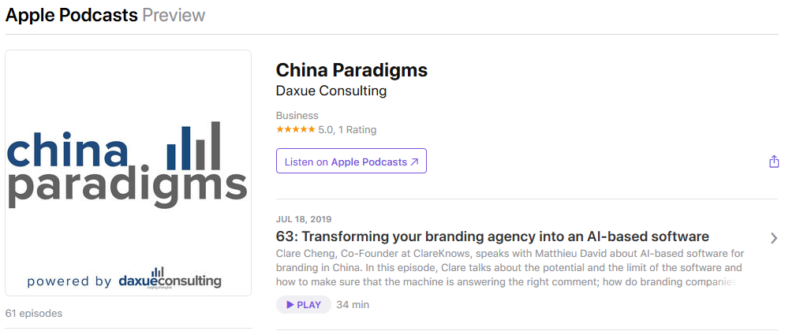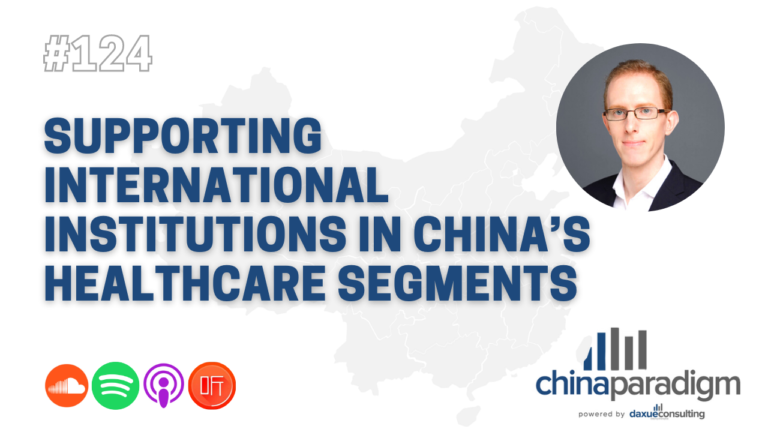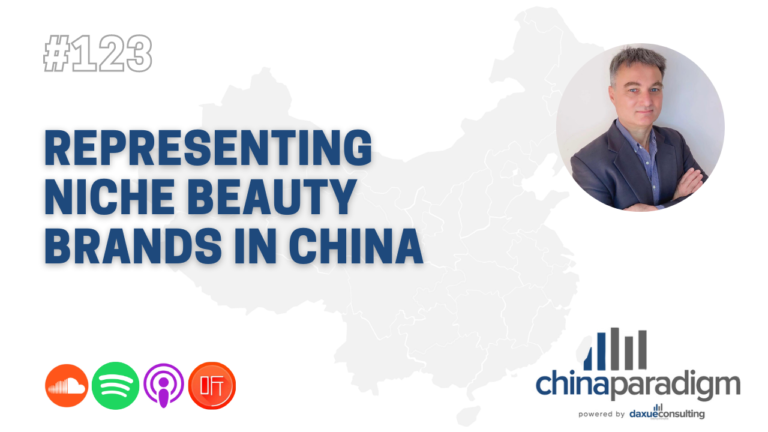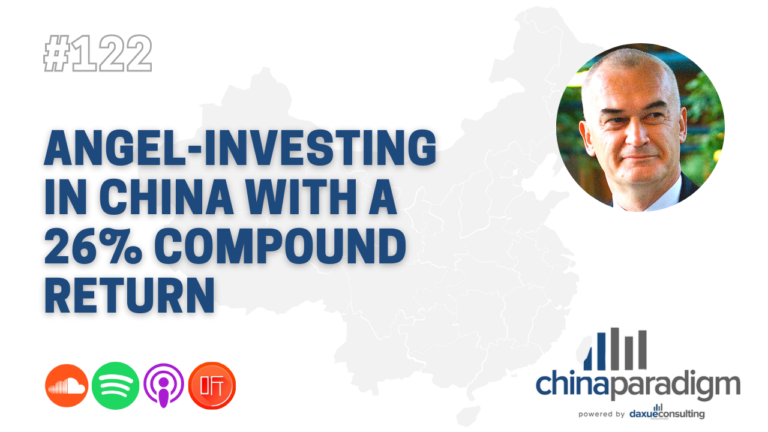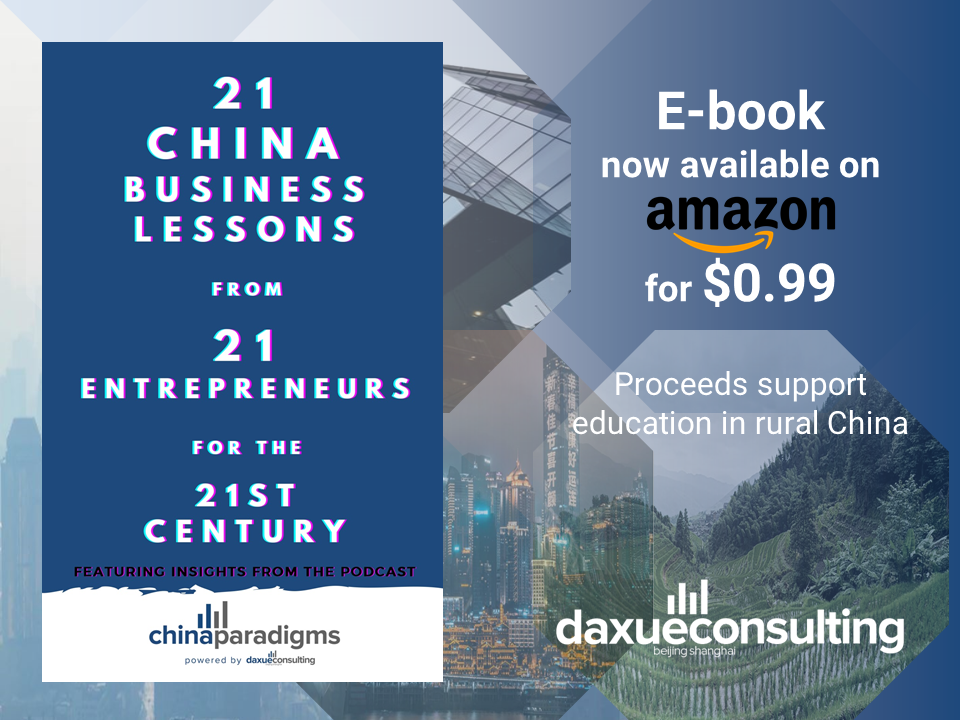China Paradigms interviewed Navin Williams, the founder and CEO at Mobile Measure to discuss how technology enables research in China, and learn from Navin’s expertise about Chinese economic background for international business development.
Navin Williams, an experienced specialist in applying technology to Chinese research
Graduated from Savitribai Phule Pune University in India with an MBA degree in marketing, Navin Williams has built and led a team of researchers to service FMCG clients across China in Nielsen, Prediqt, and worked for some of the world’s Market Research leaders before he founded Mobile Measure in China in 2009.
Being an Indian market specialist in China, Navin Williams is experienced in making technology enable research in China and India. Navin is currently CEO at Mobile Measure and director at FuguMobiles and a professional in Chinese customer data management.
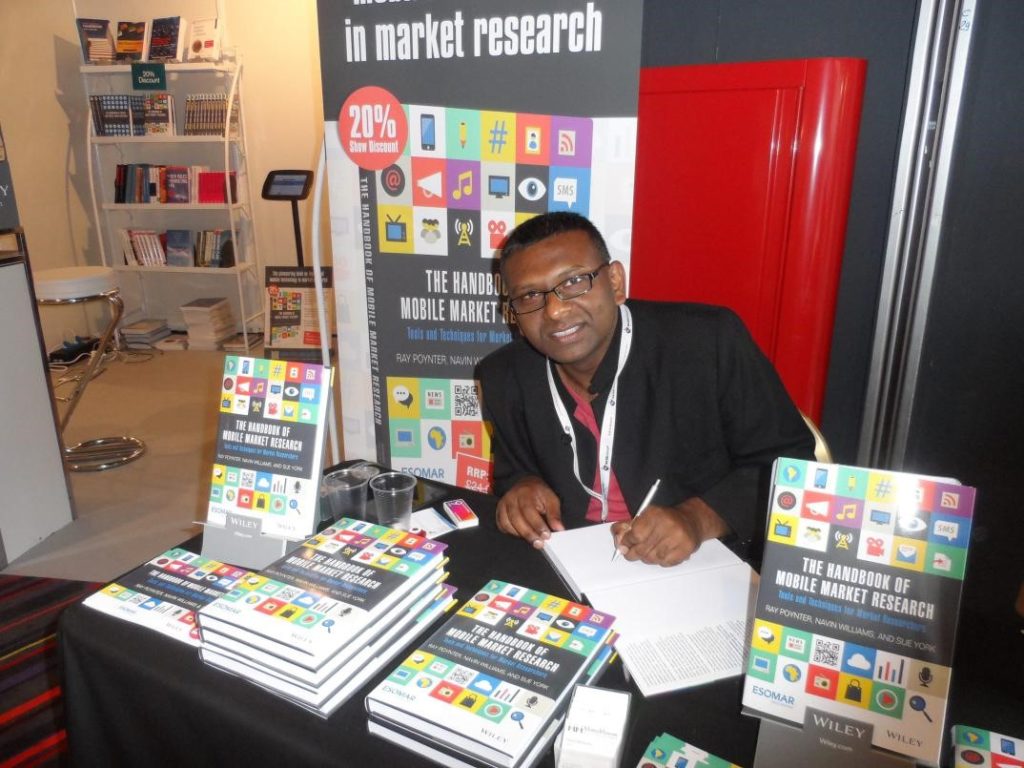
Mobile Measure: combine technology and research in China
Mobile Measure is a digital market research agency with a bias to Mobiles. Based in Shanghai, Mobile Measure is good at conducting digital methods and field data collection. If you want to learn more about this switch listen to Navin William’s interview here.

Partnered with other research companies like Kantar-TNS, Mobile measure has developed international research business in China, India, and other countries in Asia-Pacific. Grounded in technology and market research, Mobile Measure is helping more and more companies to know better about their customers through both qualitative and quantitative research methods including panels, surveys, focus-group research, and so on.
WeChat data management: Another way of digital mobile research
With a concern of making technology enable research in China, Mobile Measure has a lot of cases in Chinese mobile community research through WeChat data management and qualitative research on WeChat groups.
“Sometimes where clients are not willing to spend, you can actually just create a WeChat group of consumers and run a small Chinese mobile community for a small period of time and you don’t really have to build the client for software or anything like that.”
As the regulation in the Chinese mobile community is more strict than ever, the pop-up notification and data monitor from different mobile communities are now difficult to achieve. However, as WeChat becomes an essential part of every Chinese’ life, it is effective to conduct WeChat data management through integrating with WeChat API.
Although currently, WeChat is a China-based app and doesn’t embrace the world-wide market like Prediqt, Navin Williams still regard WeChat as an important way to access Chinese customers.
Chinese economic background in a comparison with India economic status
Practicing international research business in China and India, Navin William is willing to share his view of the economic circumstances of these two countries. Considering them as an economic zone, both countries have rapid economic development with a large population. However, the economy in these two countries make progress in diverse ways: as Chinese consumers are more willing to try various new products; in comparison, Indian consumers are more value-driven, which means it is sometimes not economic-friendly for low-value products. Here, Navin William gave an example of coffee selling:
“Traditionally China is not a coffee-drinking country but coffee sales in China have such huge growth…. in India Starbucks barely has a few stores… because coffee has been in India for a hundred years and a consumer knows their coffee. And they can get a good coffee for, half a dollar or less.”
Except for the difference, both China and India have distinct regions, compared with relative small European countries like Belgium. Therefore, Navin Wiliams suggests companies take region distinction into account when they analyze the Chinese economic background.
Chinese companies in India: rapid growth with higher reputation
Nowadays, Chinese companies especially mobile companies like Xiaomi and Oppo are exploring their massive market in India. Some Chinese brands have managed a good sale well and become top apps in India:
“We found out from someone on research that Chinese companies in India are doing pretty well actually. Some of the top apps in India are Chinese. A third – 1/3rd or maybe 25%.”
In previous years, Chinese companies coming to India were mostly low-quality; things have changed in recent years, Chinese companies in India are gaining higher reputation. It is not only because of the high quality of Chinese brands but also because of the Indian market as highly value-driven. Consumers in India only accept products with high value. As an international research specialist, Navin again emphasized the importance of localization for business developing in multi-areas. The development of Chinese companies in India should be driven by localization, to consider different preferences in different regions, to get a better understanding of Indian consumers from different localization.
Listen to China Paradigm in iTunes
